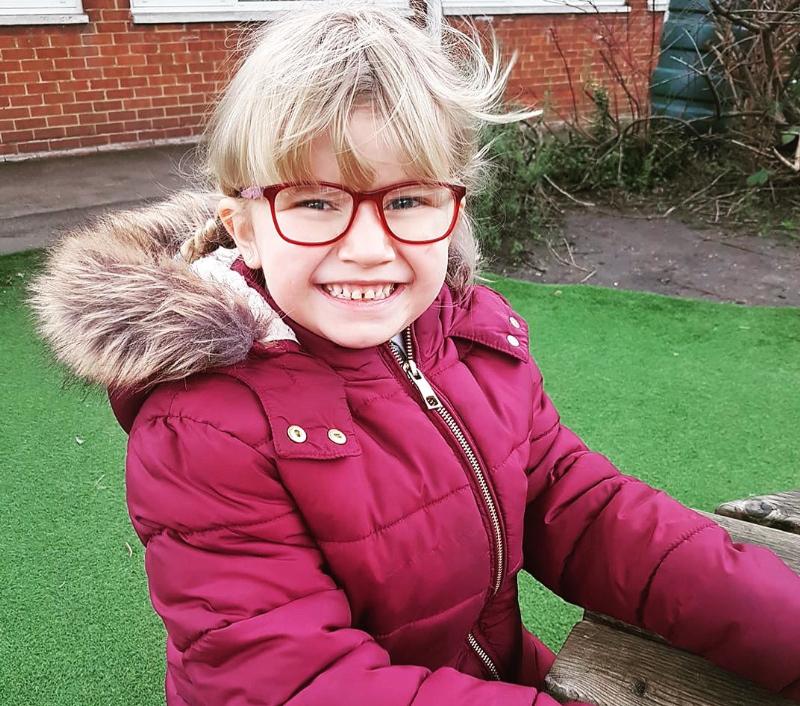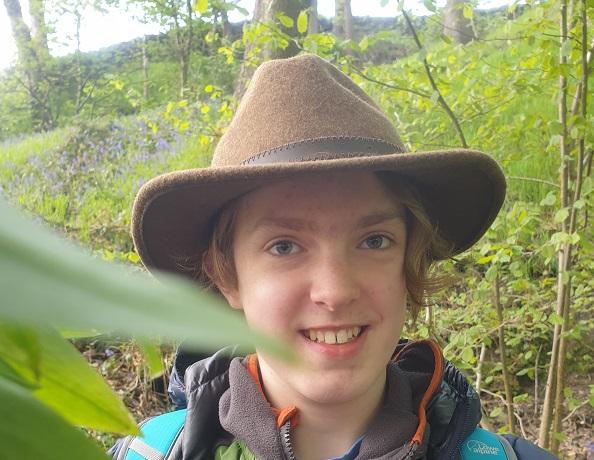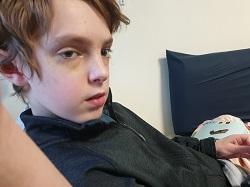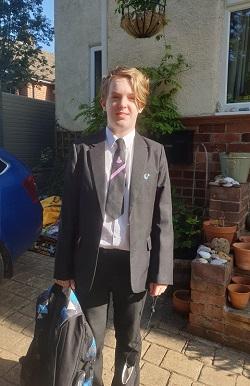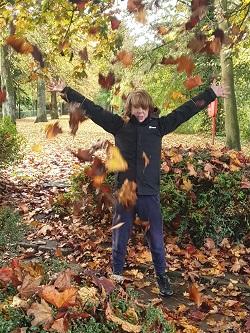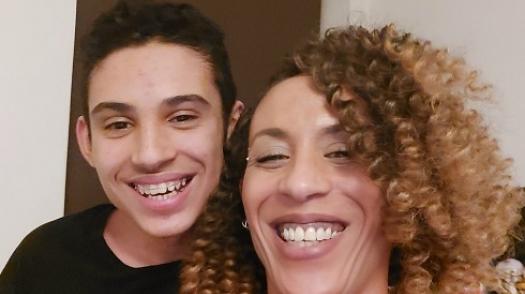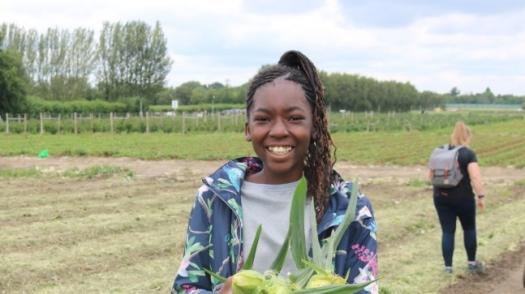Published: October 2021. Date of brain injury: March 2020 (child aged 12 years)
I had just come into the house from the garden to make Bertie a hot chocolate when a friend and neighbour phoned me. Bertie had got off the school bus and was then hit by a car. He was hit in the legs, then he spun, hitting the windscreen, then spun and hit the road.
I dropped the phone and ran out as the bus stop is only 100m from home. Bertie was on the road, unresponsive, but someone had called the ambulance.
I kept talking to him until the Air Ambulance arrived. I felt numb, as though I was watching from afar, powerless to help any more than I had.
I had internal panic while trying to remain calm, then a mix of grief, hope, and just getting Bertie through that day.
Medical and clinical support
The neurologists, nurses, paramedics and the Air Ambulance doctor were all amazing. They saved Bertie.
The consultant was very blunt with us on Bertie's prognosis, which was devastating at the time. However, I would rather that than sugar coating. Bertie’s psychological after care however was deeply lacking.
Starting to recover
Bertie was in hospital for six weeks and then came home as it was deemed safer when the pandemic hit.
Bertie was originally supposed to go to in-patient rehabilitation but his progress from week four to week six was said to be ‘a miracle’ so we returned home. Rehabilitation back at home was slow and delayed because of lockdown, but Bertie has taken some little steps forward, although some days he steps back.
The difference in Bertie from three weeks after his accident, when he wasn't able to talk, walk or eat without a feeding tube, to now, 18 months later, is immense.
His fatigue is terrible; it strips away Bertie's desire to do anything, affects his mood and some days he is so depressed. But occasionally we see Bertie's funny, dramatic and sarcastic self.
Bertie has achieved so much, He got back on his bike last month with the help of his physio, he went swimming, and he goes into school every morning.
Bertie has his 1:1 tutor for one hour then he goes to a period two lesson with his peers. He is exhausted by lunchtime but he keeps going even when some days he can’t see a way forward.
Bertie has also started filming again, his favourite hobby... he’s a different boy when he is doing this.
I can’t deny the last year has been incredibly difficult for our family, the effects are heaviest for Bertie but his little brother has been traumatised by this event as have we as parents.
Finding support from friends and family
Having this accident over lockdown made life even trickier and Bertie certainly missed out on lots of visitors or going away.
I have found that some family members and adult friends avoid seeing Bertie because of their own fears.
A lot of people say "But he is getting better" – so I usually say “We are fine” because I can gauge they don`t really want to talk about the difficult bits or can’t.
We have had a few people say “Well he looks well??” as though you can see all disabilities.
Bertie's friends have been okay, as well as can be expected from 13-year-old boys! They seem to have accepted the changes within Bertie... Bertie has always been quirky and blunt so it’s like having all the Bertie characteristics x 100.
The effects of Bertie’s brain injury 18 months on
Bertie may always struggle with the pathological fatigue. Hopefully it will improve but I think it will be a case of Bertie learning how to manage its effects. He is awaiting the outcome of a grant application to fund a therapist to do exactly this.
At home we know what times of the day are going to be a struggle and what situations/ environments may be a trigger so we adapt our routine to this... the signs that Bertie is struggling are clear.
The traumatic brain injury and fatigue affect Bertie’s mood and outlook when it has a grip on him. We try and expose Bertie to all the lovely experiences as we always have, and we hope to start family therapy too as this may help with acceptance and moving forward.
The more tired Bertie is, the slower his processing skills are, and in turn his short term memory is affected. The louder or busier his environment, the more anxious and frustrated he becomes, which then affects his concentration.
At this point we get him to a calm space, reassure him and try to make sure he is not in these environments. This is a challenge in a large school; we’re trying to get an EHCP in place and look at a different, smaller school with a more therapeutic approach.
We make sure Bertie has routine without pressure or expectations. We want a school that will focus on ‘self’ before say, tackling GCSE’s, while still challenging Bertie.
Bertie’s hobbies
Bertie's dream is to become a film editor... so we are taking steps to immerse Bertie in that field. He’s just become a member of the South Yorkshire Film Network and has an invitation to spend the day with a Sheffield based filmmaker.
He is also very keen to do a vlog reflecting on his experiences through the last year-and-a-half since the accident – watch this space!
Honestly, if we can get provision, support and balance in place for Bertie, the rest we will take a day at a time.
My advice to other parents
- Don’t feel guilty about feeling grief; don’t fight acceptance; your love has not changed; don’t be too hard on yourself. You and your child are allowed a break from each other... you and they need it.
- Be prepared to fight… for your family, school, local authority, NHS. Don’t be afraid to ask, insist or demand... you won’t necessarily be offered help in some areas.
- You live with, love and know your child. Even if you’re given worst case scenario, your child is an individual and no one knows the outcomes. Live day-by-day and hold on to that little bit of hope. It is also okay to scream, cry and tell people where to go if you need to.
- Always love and reassure, even if things seem hopeless for your child. You are their anchor, their everything, even when they are shouting at you...
Bertie and his family received support from The Children’s Trust’s Brain Injury Community Service. The Brain Injury Community Service provides specialist goal-orientated neurorehabilitation delivered in the child's environment.
